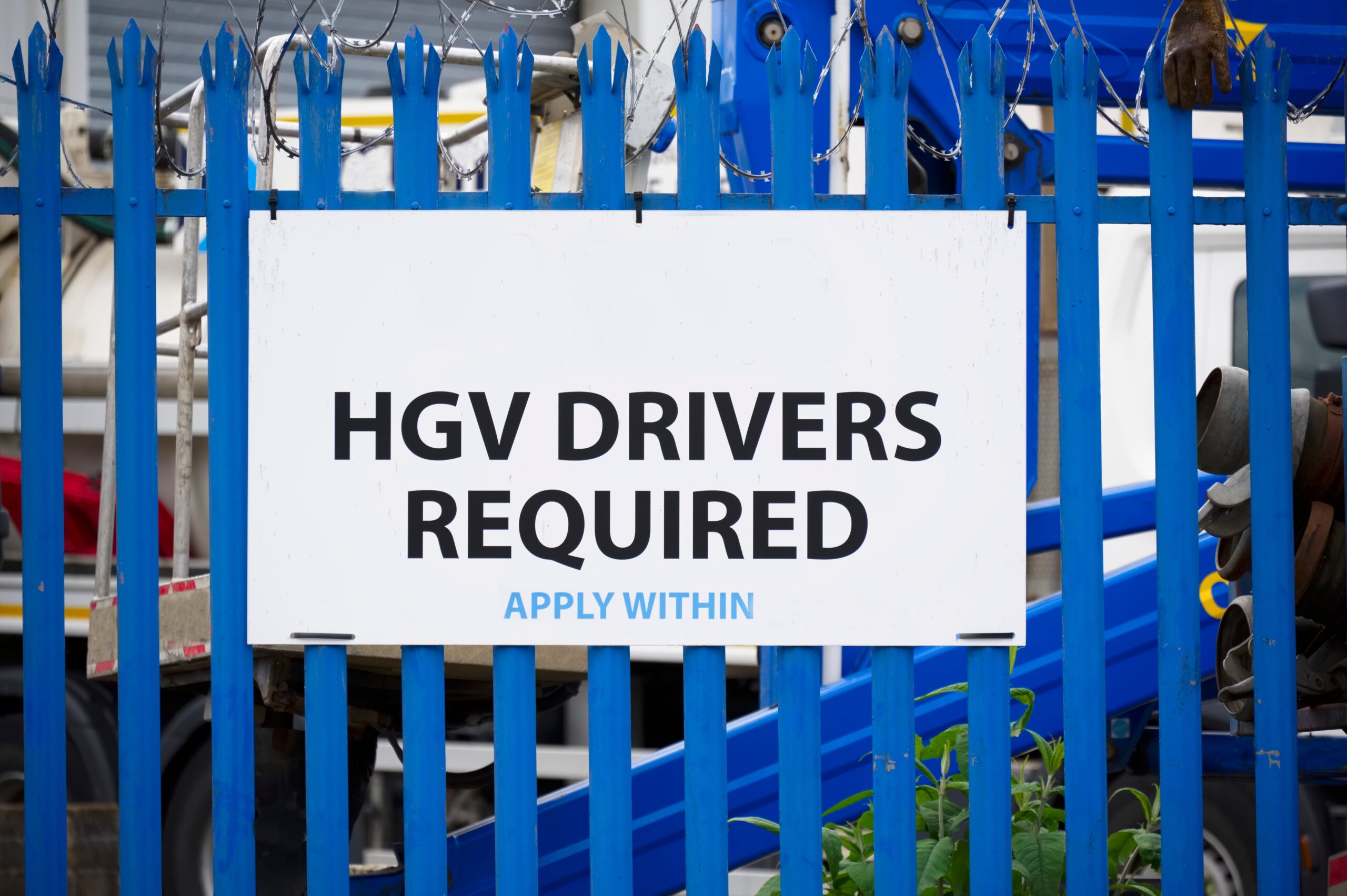Professional drivers of HGVs, buses, or coaches are, understandably, held to much higher standards on UK and EU roads.
This ensures competency, maintains high standards, brings business benefits, and improves road safety for other road users and pedestrians who might find themselves walking past the largest vehicles on the roads.
To achieve these aims, drivers must complete CPC training – but how many CPC hours do you need if you drive for work?

The two types of CPC training
The Driver ‘Certificate of Professional Competence’ (CPC) training should occur every five years.
On each CPC card, there is a deadline date for each new round of CPC training, which consists of multiple modules that add up to 35 hours in total.
CPC training can either be initial, which is designed specifically for newly qualified drivers or periodic – for drivers a bit longer in the tooth!
Initial CPC training is most often completed concurrently as part of your HGV training so if you are currently taking it, you might not even notice they are separate training types!
*Considering HIAB training to switch up your current role? Contact HGV Training Network to get started today!

How many CPC modules are there?
The number of CPC modules depends on which kind of CPC training you are undertaking – initial or periodic.
Initial CPC training
This includes CPC Case Studies (CPC module 2 theory test) and CPC Practical (CPC module 4).
CPC module 2, part of the theory test, gives you case studies based on real-life scenarios and asks a series of questions based on them.
CPC module 4 is included in the practical HGV test and uses show me, tell me style questions on aspects of HGV operation that don’t include driving.
Periodic CPC training
The exact module list can differ depending on which HGV training provider you choose. However, they generally cover topics like:
- Improving your driving skills
- Safety
- Emergency first aid
- Fuel-efficiency
- Environmental responsibility
- Driver hours and tachograph usage
- Vehicle checks
- Company image
- Security
- First aid
For a comprehensive guide – ask your chosen CPC training school, they will be able to give you more details.
*If you like to live dangerously, why not consider ADR training? With the responsibility of transporting the most hazardous goods on our roadways, HGVTN can help you gain your licence.

How to check CPC hours
It’s essential that all professional drivers carefully track their 35 hours of CPC training – failure to have the right amount can result in a fine of up to £1,000 or the loss of HGV driving eligibility.
Luckily, to help you do this, there is a specific government portal you can use to check your periodic driving hours.
Please note, you will need to register if you haven’t used it before and a password will be sent to your home address – so it’s best to register before you need it in a hurry!
To track your initial CPC training hours, simply ask your provider – they will have a record they can share with you.
Choose CPC training with HGV Training Network
As industry leaders in the HGV training world, we work with thousands of new and current professional drivers to give them the skills they need to get their preferred careers on the road.
With 1:1 support, finance options, and a wide choice of professional courses to choose from, it’s worth enquiring to find out more.
To speak to the team, email us at contact@hgvtrainingnetwork.com or fill in our contact form and we’ll get back to you as soon as we can.

















